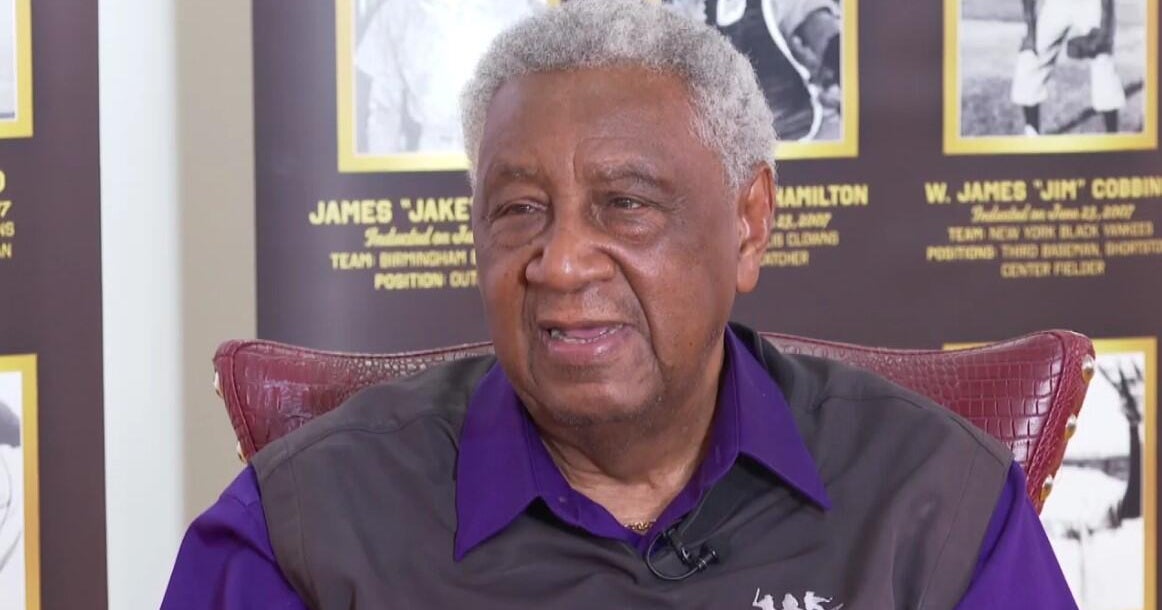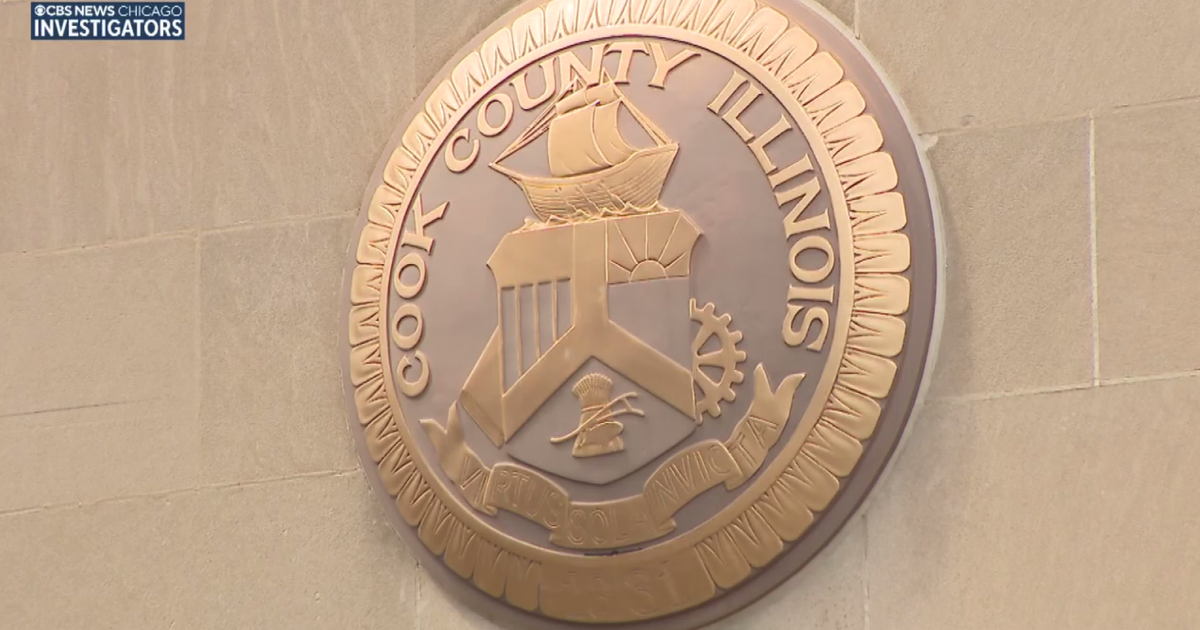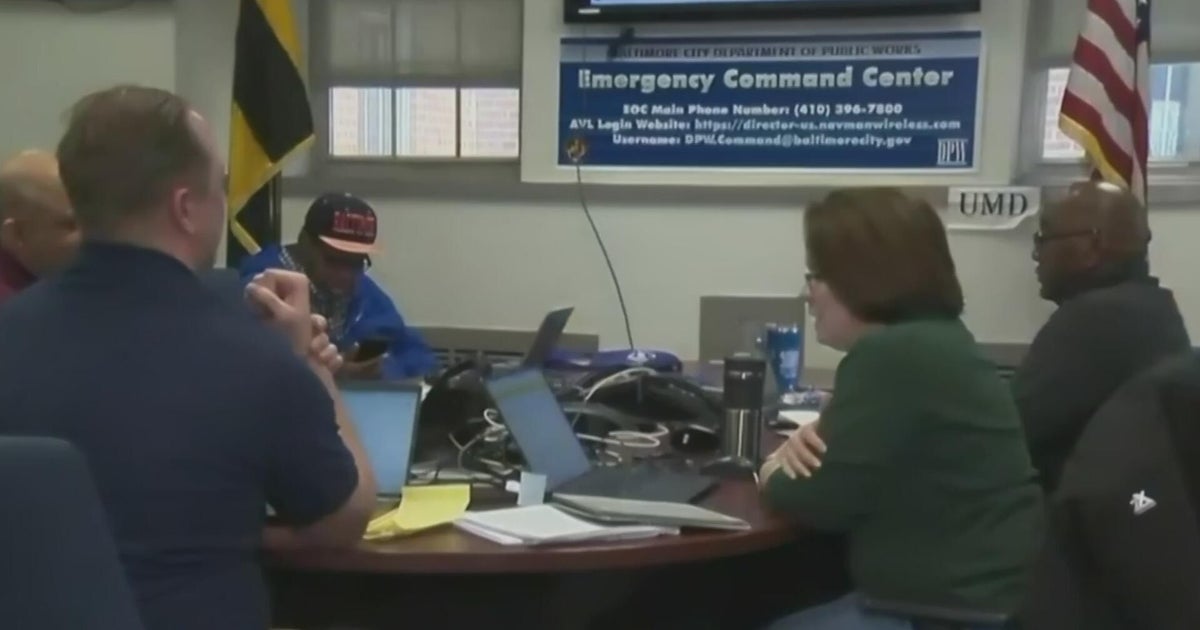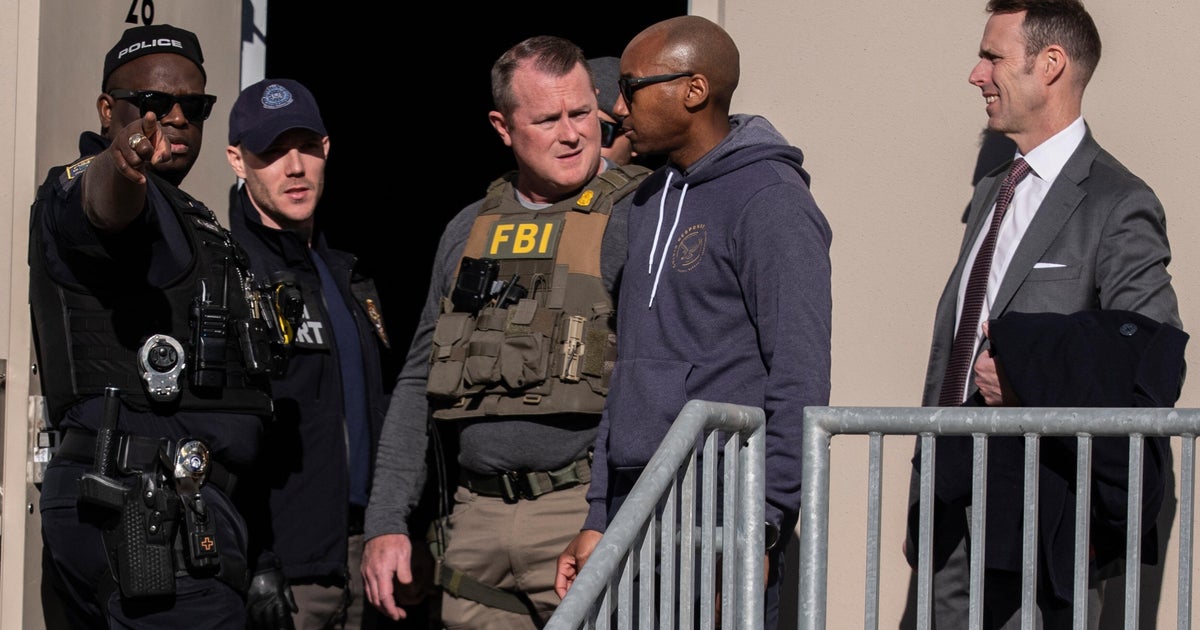FAA Launches Review; Two Weeks Before Aurora Air Control Facility Repaired
UPDATED: 9/29/2014 6:08 p.m.
By John Dodge
CHICAGO (CBS) -- Repairs may take another two weeks to fully restore operations the FAA air traffic control center in Aurora after a deliberately set fire crippled flight operations at O'Hare and Midway airports.
On Monday, the agency said it is launching a complete review of the incident.
The FAA says the goal is to fix most of the equipment by late this week or early next week but it wont be back to full service until Oct. 13.
For the first time FAA officials are answering important questions about improving its entire system.
For one, they say, they are working on new flight technology using satellites instead of radar. The agency is also launching a security review.
"As part of this review, we are also asking our security organization to review the security protocols at our facilities to make sure we have the most robust policies and practices in place," said FAA administrator Micheal Huerta. "If we need to make changes as a result of what happened on Friday to improve the system, we will not hesitate to do so."
On Sunday, the first shipment on new equipment arrived. Teams in environmental hazard suits were hauling out the damaged equipment and working around the clock to install new equipment, run cable and restore network connections. CBS 2 has learned no one had written a backup plan for the equipment for an emergency like Friday's.
"The individual damaged an ERAM computer that we never put a contingency plan into place for," said Bryan Zilonis, Great Lakes Regional Vice President for the National Air Traffic Controllers Association. "What our people are doing now in my opinion is very amazing with what they have to work with and it should be a playbook to make sure something like this doesn't happen again."
Senator Durbin says there should have been a better contingency plan in place.
"It is a clear shortcoming when it comes to FAA services and we need to address it," he said.
Podcast
All controllers assigned to Aurora have now been reassigned to other locations at least until Oct 6. That means all shifts at Aurora through next Sunday night are canceled.
The workers can be called back if repairs are completed sooner.
Last Friday, the fire caused the cancellation of about 2,000 flights at both airports. Over the weekend O'Hare, was operating at about 60 percent of its normal load, while Midway was flying about 75 percent.
"One man, one fire, all of this chaos," Damon Sims, who was traveling out of O'Hare on Monday, told CBS 2's Susanna Song. "It goes to show the system needs a little work."
More flights returned today, as the FAA delegates operations to other facilities, but it will take several more days at least to get the airports running at normal volume.
On Friday, Brian Howard, a disgruntled contract employee set a fire in the basement that destroyed 23 of the 28 computer racks that ran the radar and communications systems, Sen. Dick Durbin said. Howard was hospitalized after the fire, but appeared in court for the first time Monday afternoon. He is charged with deliberately damaging an federal air navigation facility and endangering airline safety.
On Sunday, 500 flights were canceled at O'Hare and 50 flights at Midway.
The situation continued to improve on Monday, As of 3:30 p.m., 550 flights had beeen canceled at O'Hare with some airlines reporting delays between 20 and 60 minutes. 55 flights have been canceled at Midway with 45 minute delays.
Lines were long at O'Hare on Sunday, but most passengers were calm as the major airlines tried to rebook them onto new flights.
With fewer options, many international passengers were left stranded the longest, with no idea when they might return home.
Meantime, domestic fliers were trying in vain to find rental cars to their destinations, with very few vehicles available on Sunday.
CBS 2's Dorothy Tucker reports for some, cancelled flights mean cancelled hotel reservations. However, most hotels aren't penalizing passengers. In fact, many are offering a courtesy.
Although stranded passengers continue to suffer inconveniences because of the disruption at O'Hare, airlines are not being spared. Expert Joe Schwieterman says the industry will lose hundreds of millions of dollars.
"Airline fees, the rentals for the gates, the cost of the actual equipment …it also means a lot of flights this week are going to go partially empty to empty because outbound didn't happen and return trips were cancelled," he said.
Experts say while airfares may not go up tomorrow, airlines will likely raise costs to make up for the losses they are sustaining now.
Podcast
In the meantime, other Midwest control centers are directing Chicago's air traffic.
The FAA said it was able to accommodate 70 percent of normal Sunday traffic at O'Hare and 95 percent at Midway.







